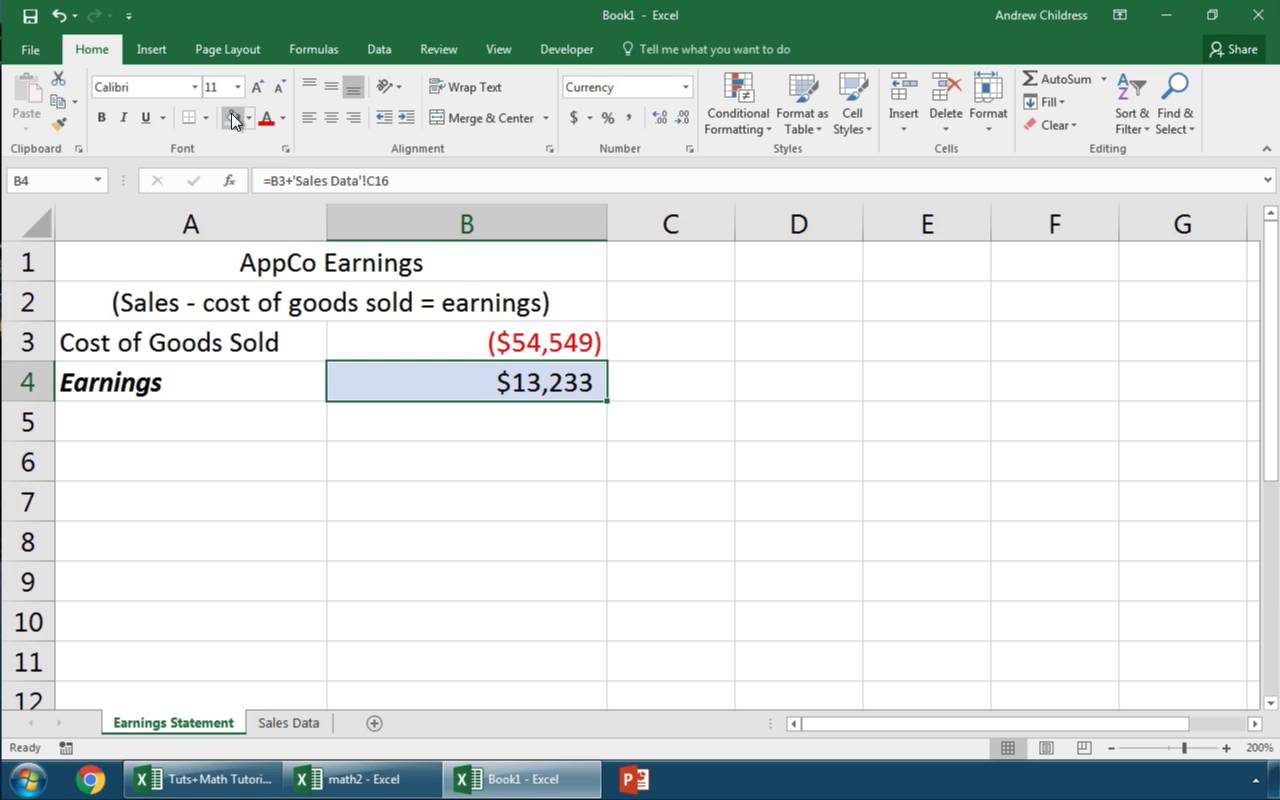5 Easy Ways to Link Excel Sheets

Linking Excel sheets can transform the way you manage data, automate repetitive tasks, and enhance data accuracy. Whether you're a business professional, an academic researcher, or a casual user, understanding how to connect your data across multiple sheets is invaluable. Here are five straightforward methods to link Excel sheets, which can help streamline your workflow:
Using Cell References

What is it? Cell referencing is the most basic way to link sheets. By referencing cells from one sheet within another, you create a dynamic link where changes in the source cell reflect in the destination sheet.
- How to do it:
- In the cell where you want to link the data, start by typing
= - Switch to the source sheet, select the cell you wish to link to, then press Enter.
- In the cell where you want to link the data, start by typing
- Benefits: Simplicity and real-time updates.

Using Formulas

What are formulas? Formulas are powerful tools that can not only link cells but also perform calculations across sheets.
- Example: If you want to sum values from different sheets, you could use a formula like
=Sheet1!A1 + Sheet2!A1. - How to do it:
- Begin with an equals sign (
=). - Enter the formula, referencing cells from other sheets using the
!symbol.
- Begin with an equals sign (
- Benefits: Flexibility for complex data manipulation and analysis.
Using 3D References

What is a 3D reference? This method lets you perform calculations across the same cell range in multiple sheets.
- How to do it:
- Click into the cell where you want your result.
- Enter your 3D formula, like
=SUM(Sheet1:Sheet3!A1)to sum A1 across three sheets.
- Benefits: Consolidates data from multiple sheets into one summary sheet effortlessly.
🔍 Note: Ensure all sheets are present before creating a 3D reference to avoid #REF! errors.
Using the Consolidate Function

What does it do? The Consolidate function is perfect when you need to merge data from multiple sources into one table.
- How to do it:
- Select the destination range for consolidated data.
- Go to Data > Consolidate.
- Choose the function you want to apply (e.g., Sum, Average) and select your source ranges.
- Benefits: Allows for easy aggregation of data from various sheets with different functions.
Hyperlinks

What are Hyperlinks? Hyperlinks offer a direct way to navigate between Excel sheets or workbooks.
- How to do it:
- Select the cell or text where you want to place the hyperlink.
- Right-click and choose "Link" or use
Ctrl + K. - Enter the workbook and sheet reference or the URL for external links.
- Benefits: Navigation between sheets or files is made seamless, enhancing user experience.
Linking sheets in Excel not only makes data management more efficient but also helps in maintaining data integrity as changes are automatically reflected across your workbook. Here are some final insights:
- Always ensure the naming of sheets is consistent to avoid confusion and errors in linking.
- Be mindful of formula length and complexity to keep your workbook performance optimal.
- Regularly check for broken links or moved sheets that could disrupt your linked data.
In conclusion, mastering these linking techniques allows you to create dynamic, interconnected Excel workbooks that can manage large datasets with ease, perform complex calculations, and facilitate quick navigation. Whether for financial analysis, project management, or simple data tracking, linking Excel sheets enhances your ability to work smarter, not harder.
How do I update data in a linked Excel sheet?

+
When data in the source sheet changes, it automatically updates in all linked cells provided the formulas or references are correct. If manual update is needed, press F9 or manually recalculate the sheet.
Can I link data from an Excel sheet in another workbook?

+
Yes, you can link data from different workbooks by specifying the full path in your formulas, e.g., =[Full_path_to_workbook]SheetName!CellRef.
What should I do if my linked data becomes #REF! errors?

+
#REF! errors occur when a formula references a cell that has been deleted or moved. Check the source cell references, update the formulas, or recreate the links if necessary.



